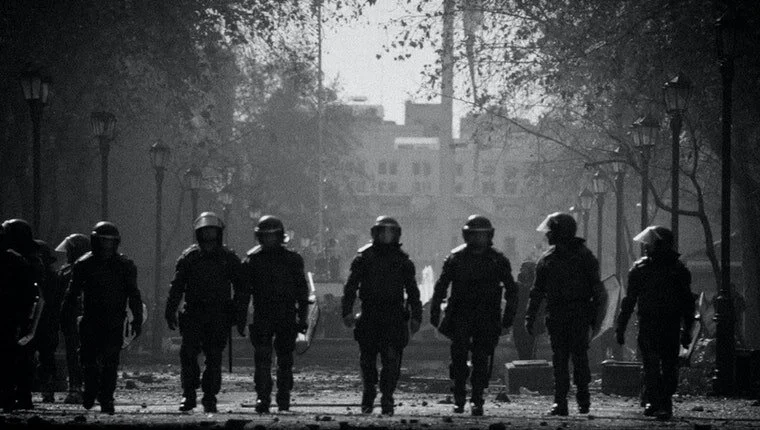Staying Active When Governments shrink civics spaces
Throughout the world, especially in the last several decades, we have experienced a precipitous loss in public spaces, whether physical or over the internet and beyond, where we conduct public discourse, engage in political protest and activism, and even exist without the expectation of spending money. On June 15th, Democracy Moves hosted a workshop entitled Shrinking Civic Spaces, directly focusing on the suppression of public space and its use for protest.
This workshop attracted considerable attendance from both inside and outside the Democracy Moves network, particularly with several excellent panelists, including John Olla from Nigeria, and Frida Romay Hidalgo from Mexico.
During the workshop, activists spoke at length about their experiences with government repression of protest and the restriction of public spaces--both physically and online. Rachael told panelists her story of having been violently assaulted by police officers attempting to clear the central business district of Nairobi during a solidarity protest in support of other activists in Burundi. Olla additionally commented on the recent suspension of Twitter within Nigeria--a significant impediment to public discourse and part of a larger trend of the government actively preventing protest with militarized police forces and largely ignoring the death threats and civilian violence against protesters as well.
Hidalgo additionally reminded the panel that enclosure is not only a matter of governments closing public spaces and assaulting protesters, but can make itself manifest in popular disregard for the movement itself. Specifically, she recounted examples from the 2019-2020 Feminist days of action in Mexico, where the government, mass media, and ordinary citizens all came together in opposition to the protests with violent repression, media blackouts, and sexist language all in an attempt to delegitimize the feminist cause.
The panel also discussed at length some of the solutions to overcoming government repression and the restriction of public spaces. In particular, panelists and the audience emphasized the importance of building solidarity and cooperation across national borders. When one country’s government takes actions like restricting social media as in Nigeria’s case, it becomes essential to have allies outside who can continue advocacy and agitation. Similarly, where possible, the panelists stressed that participating in elections--alongside continuing protest where possible--is essential as it can occasionally be a source of accountability for governments that choose to repress their citizens’ public expression.

